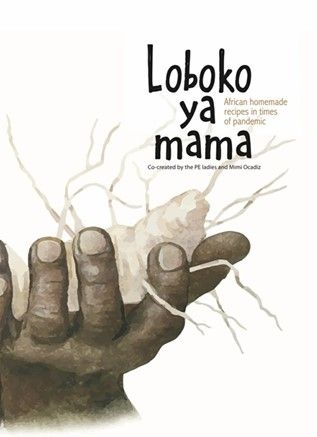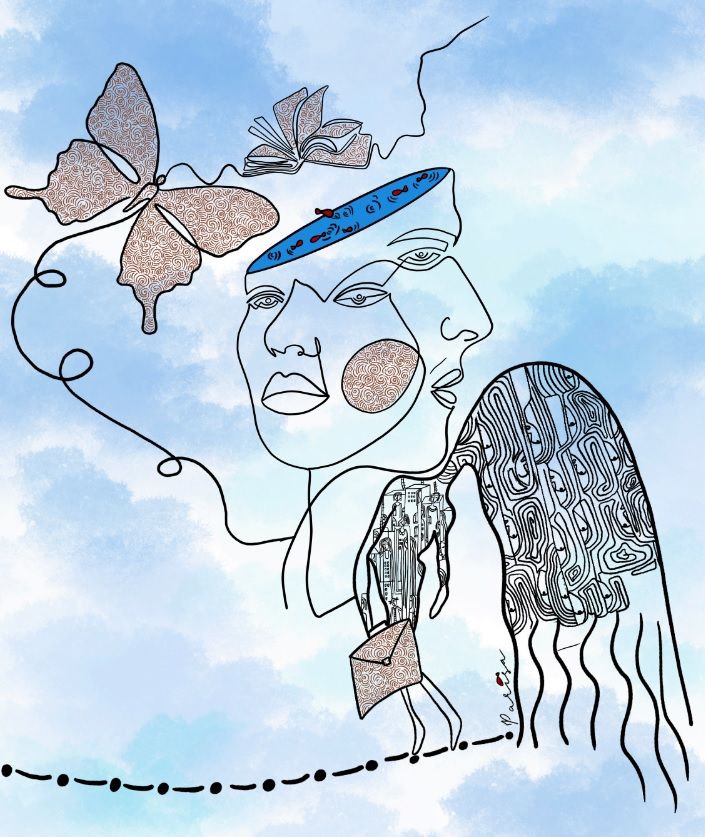The Engaged scholarship and narratives of change in comparative perspective project will investigate the co-operation between academy and society, labelled engaged scholarship, across three continents.
Engaged scholarship refers to transformative and critical forms of academic work having the ambition and the capacity to stimulate reflection that enables more inclusive practices in society and academia. This project aims at a more comprehensive and transformative understanding of how engaged scholarship can contribute to the societal inclusion of refugees, arguably the most urgent challenge of this decade. Its underlying assumption is that the social sciences have an important role in enlarging societal and academic imaginations by connecting local, historical, and analytical knowledge to enable an actual inclusion of disadvantaged groups.
What is the contribution of engaged scholarship in stimulating and stipulating the conditions and narratives of change towards inclusion of refugees in the light of competing societal and academic demands and structures?
What is the contribution of engaged scholarship in stimulating and stipulating the conditions and narratives of change towards inclusion of refugees in the light of competing societal and academic demands and structures?
While engaging with insights from an extensive body of literature on the limitations of democracy, this project is particularly inspired by the exciting literature on the role of deep democracy in imagining societal inclusion. Using qualitative research methodology and a comparative perspective (South Africa, the US. and The Netherlands), this project has three main objectives:
- To collect country-based data documenting two sets of narratives (that of refugees and engaged academics) on the contribution and challenges of academic engagement in the lives of refugees. Furthermore, the project in itself will be a site of scholarly engagement with societal stakeholders and communities.
- To gain a deeper understanding of the views on and the position of engaged scholarship within academia and society in each country.
- To explore historical and contextual differences through a comparative analysis of the data (narratives and participatory sites) from the three countries, focused on enabling reflection on national blind spots on societal change and engaged scholarship in each setting.



